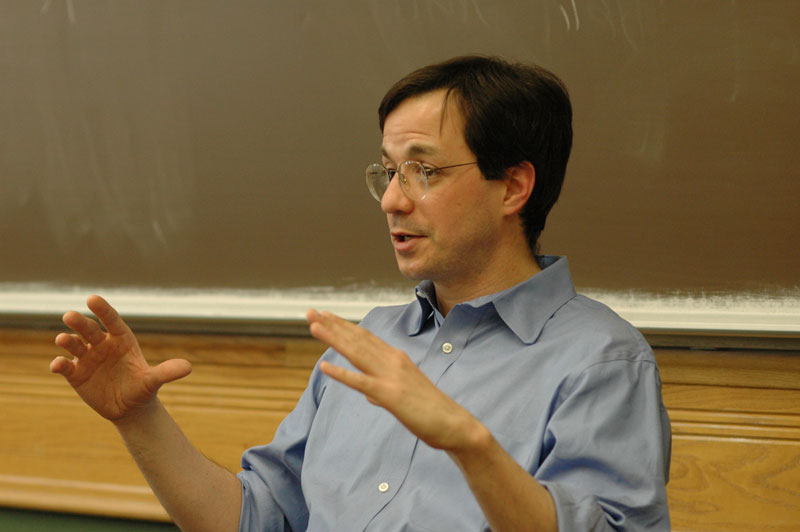Political philosophy is about the nature of the state. It tries to answer questions such as these. “Should we have a state at all?” “What is a just state or society like?” “What powers does the state have?” “Should individuals obey the state?” The course will cover some of the historically prominent answers that combine theories of human nature, ethics, and social life. Our discussions will center on the theories of Thomas Hobbes, John Locke, John Stuart Mill, Robert Nozick, John Rawls, as well as contemporary philosophers who seek to make sense of the place of the state in the world. The syllabus seeks to chart a path between a survey of different philosopher’s views and specialized study of any one of them. We will give thorough attention to the central issues with each philosopher’s political thought.
The materials make heavy demands on their readers’ analytical and interpretive skills. Our discussions and writing assignments will focus on the arguments in these works. That is where your analytical skills will come into play. Since we are reading works from different periods in history, we will also have to work hard at interpreting material that is written in ways that are unfamiliar and that reflects the concerns of different kinds of societies.
The syllabus (PDF) has a schedule of topics for discussion, readings, and assignments; it also describes the standards for grades and other policies for the class. Registered students can find all other materials on Sakai.
The notes were last updated on Monday, December 5, 2016.
My office is Pearsons 207. For Fall 2016, my office hours are Tuesdays and Thursdays, 11–12 and 1–2.
My email address and office phone number are available from the Pomona College directory: select Faculty/Staff and enter my name.
My home page has links to websites for my other courses.
